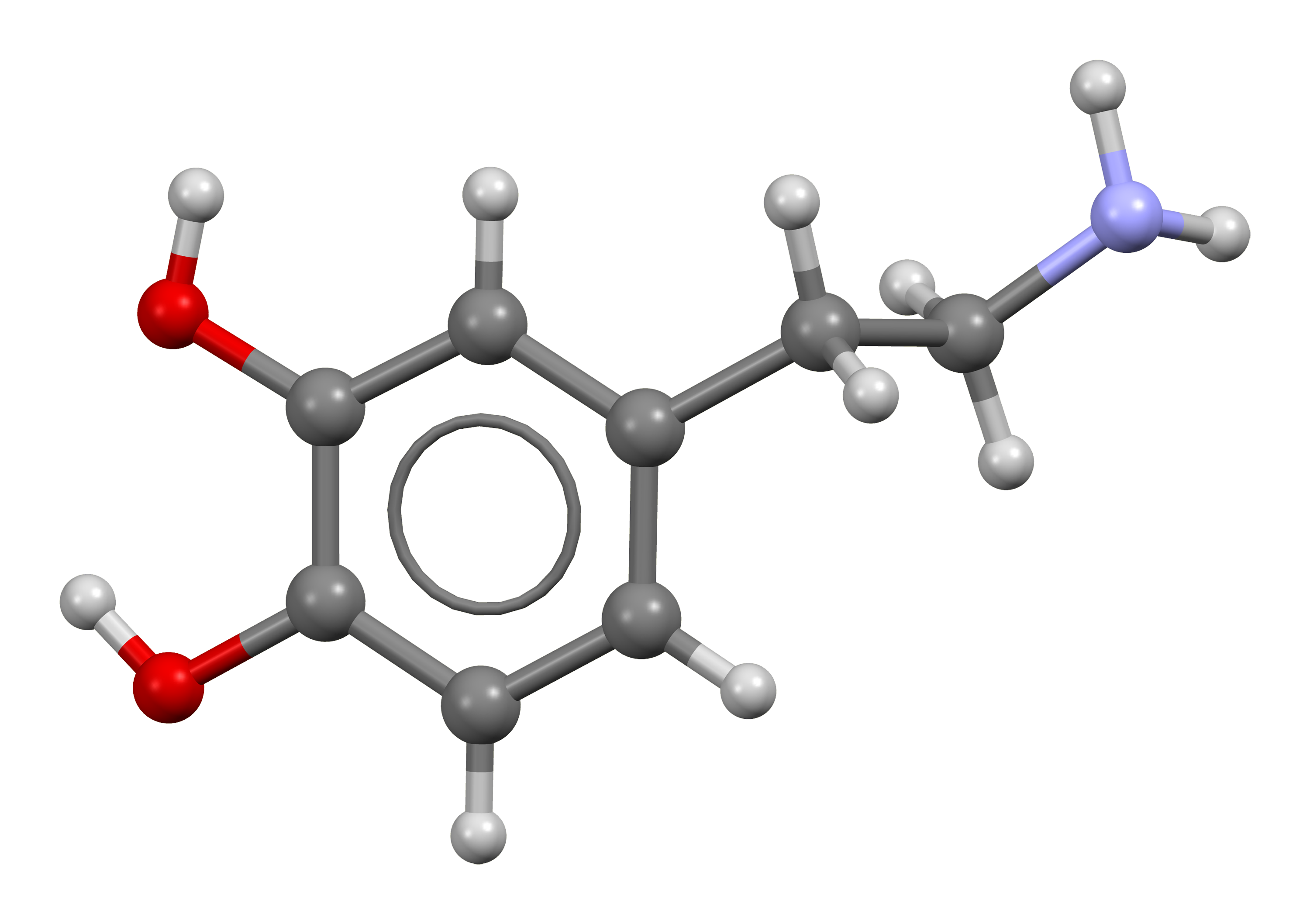Introduction to Dopamine
- Introduction to Neurotransmitters
- The Role of Dopamine
- The Role of Serotonin
- Interplay of Dopamine and Serotonin
- Competing Actions
- Collaborative Actions
- Conflicting Actions on Same Behaviors
- Complexity in Neuronal Combinations
- The Impacts of Therapeutic Drugs on Dopamine and Serotonin
- Dopamine, Serotonin and Mental Health
- Dopamine, Serotonin and Cognitive Functioning
- Settings, Synaptic Plasticity and Sensitization
- Prospects and Challenges in Dopamine & Serotonin Research
Conflicting Actions on Same Behaviors
Post-Traumatic Stress Disorder (PTSD): The Role of Dopamine and Serotonin

Organic chemical that functions both as a hormone and a neurotransmitter.
Post-Traumatic Stress Disorder (PTSD) is a mental health condition that's triggered by a terrifying event — either experiencing it or witnessing it. Symptoms may include flashbacks, nightmares, and severe anxiety, as well as uncontrollable thoughts about the event.
Symptoms and Diagnosis of PTSD
PTSD symptoms are generally grouped into four types: intrusive memories, avoidance, negative changes in thinking and mood, and changes in physical and emotional reactions. Symptoms can vary over time or vary from person to person. PTSD is diagnosed after a person experiences symptoms for at least one month following a traumatic event. However, symptoms may not appear until several months or even years later.
Role of Dopamine and Serotonin in PTSD
Dopamine and serotonin, two neurotransmitters in the brain, play significant roles in the manifestation of PTSD. Dopamine is associated with the reward system of the brain and is also linked to memory formation and consolidation. In the context of PTSD, dopamine levels can influence the intensity of traumatic memories and the associated fear response.
Serotonin, on the other hand, is often referred to as the 'feel good' neurotransmitter and is crucial for mood regulation. Low levels of serotonin can lead to depression, anxiety, and sleep disturbances, all of which are common in individuals with PTSD.
Current Treatments for PTSD and Their Effects on Dopamine and Serotonin
The main treatments for PTSD are psychotherapy, medication, or a combination of both. Selective serotonin reuptake inhibitors (SSRIs) and serotonin and norepinephrine reuptake inhibitors (SNRIs) are types of antidepressants that are commonly used. These medications can help control PTSD symptoms by increasing the concentration of serotonin (and norepinephrine) in the brain.
Psychotherapy, also known as talk therapy, can also help people with PTSD. This can include cognitive therapy, exposure therapy, and eye movement desensitization and reprocessing (EMDR).
Research Findings on the Dopamine-Serotonin Conflict in PTSD
Research has shown that there is a complex interplay between dopamine and serotonin in PTSD. While both neurotransmitters play a role in the disorder, they can sometimes have conflicting actions. For example, while serotonin often has a calming effect, dopamine can trigger anxiety and stress responses. This conflict can complicate the treatment of PTSD and is a topic of ongoing research.
In conclusion, understanding the roles of dopamine and serotonin in PTSD is crucial for developing effective treatments. While we have made significant strides in this area, there is still much to learn about the complex interplay of these neurotransmitters in PTSD and other mental health disorders.